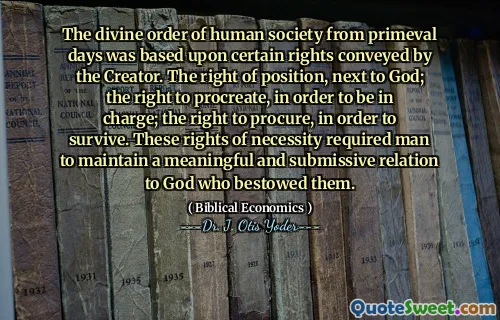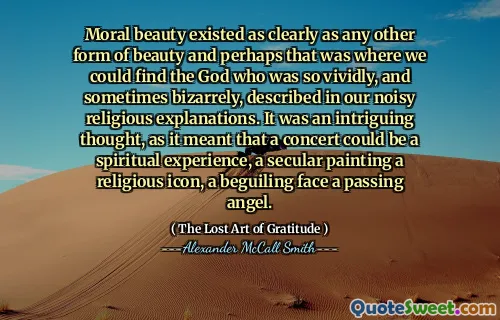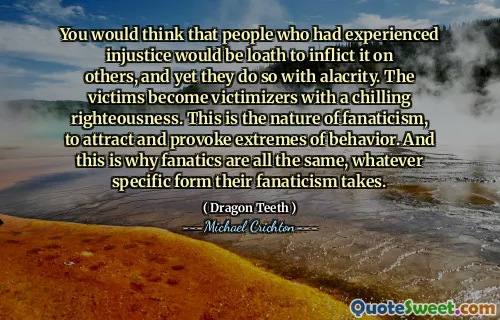
The divine order of human society from primeval days was based upon certain rights conveyed by the Creator. The right of position, next to God; the right to procreate, in order to be in charge; the right to procure, in order to survive. These rights of necessity required man to maintain a meaningful and submissive relation to God who bestowed them.
This quote from '(Biblical Economics)' by Dr. J. Otis Yoder reflects on the foundational principles believed to underpin ancient human societies. It emphasizes that the social order was not arbitrary but rooted in divine rights bestowed by the Creator. These rights include the hierarchical position of humanity, the divine mandate to procreate, and the essential right to procure resources necessary for survival. The assertion that these rights carry a divine origin emphasizes the speaker's view that societal structures are ordained and meaningful only when acknowledged as part of a divine plan. The idea that man must maintain a submissive and meaningful relation to God underscores a worldview in which human purpose and societal stability are intertwined with divine authority. Such a perspective calls for a recognition of divine sovereignty in societal organization, suggesting that social roles and responsibilities are divinely assigned rather than merely constructed socially or culturally. It also implicitly advocates for a social hierarchy rooted in divine legitimacy, where everyone knows their place and role according to divine decree. Moreover, this view implies that the fulfillment of human needs—security, procreation, and societal stability—are inherently linked to recognizing and respecting divine authority. While this notion can provide a stable moral foundation, it also raises questions about the roles of different individuals within society, the nature of divine rights, and how contemporary societies interpret divine authority in pluralistic contexts. Overall, the quote invites reflection on how divine principles influence human social arrangements and the importance of respectful submission to divine will in maintaining societal harmony.






